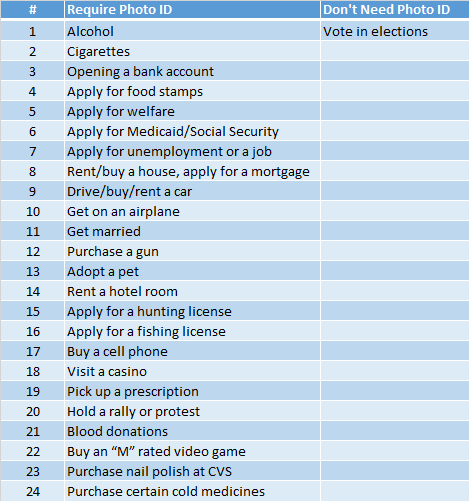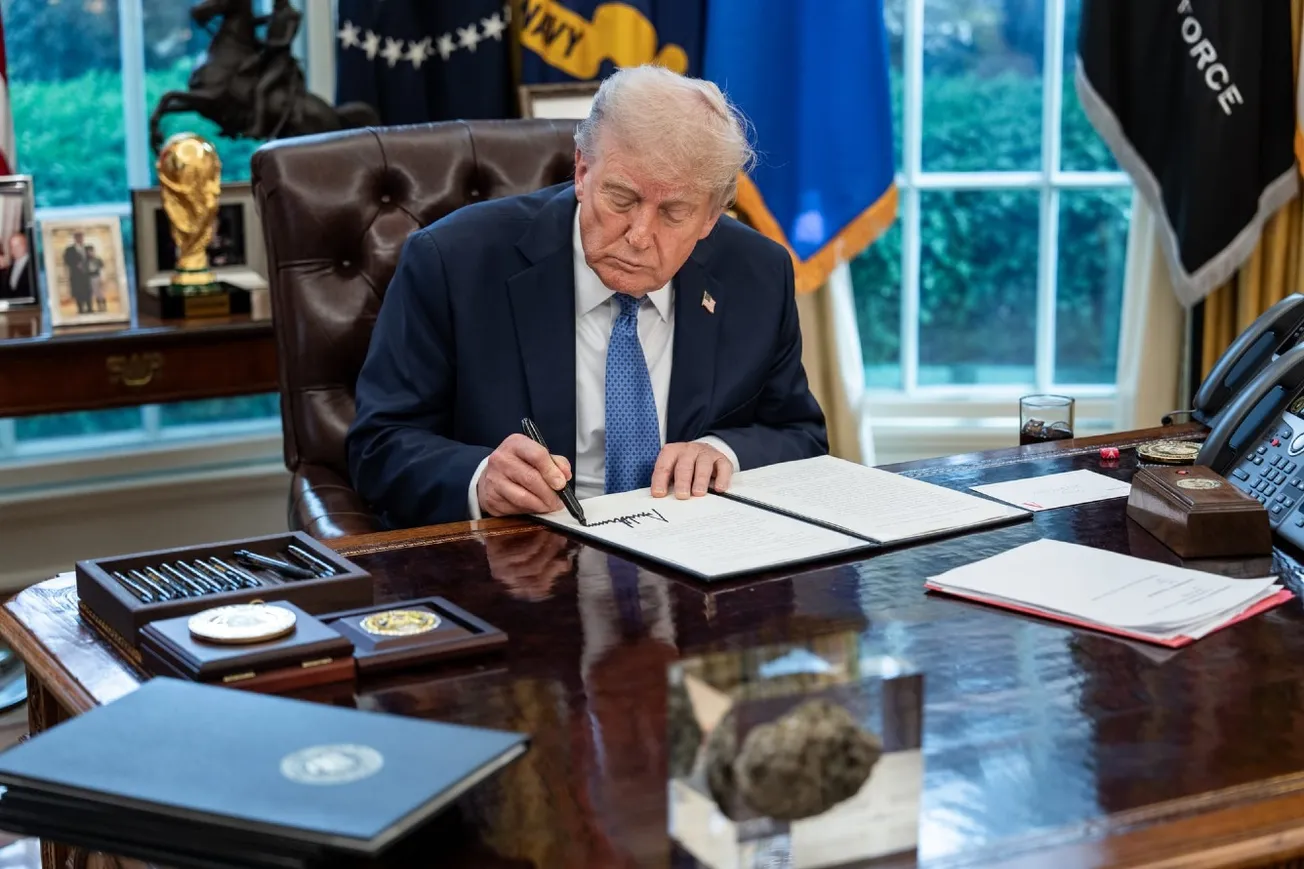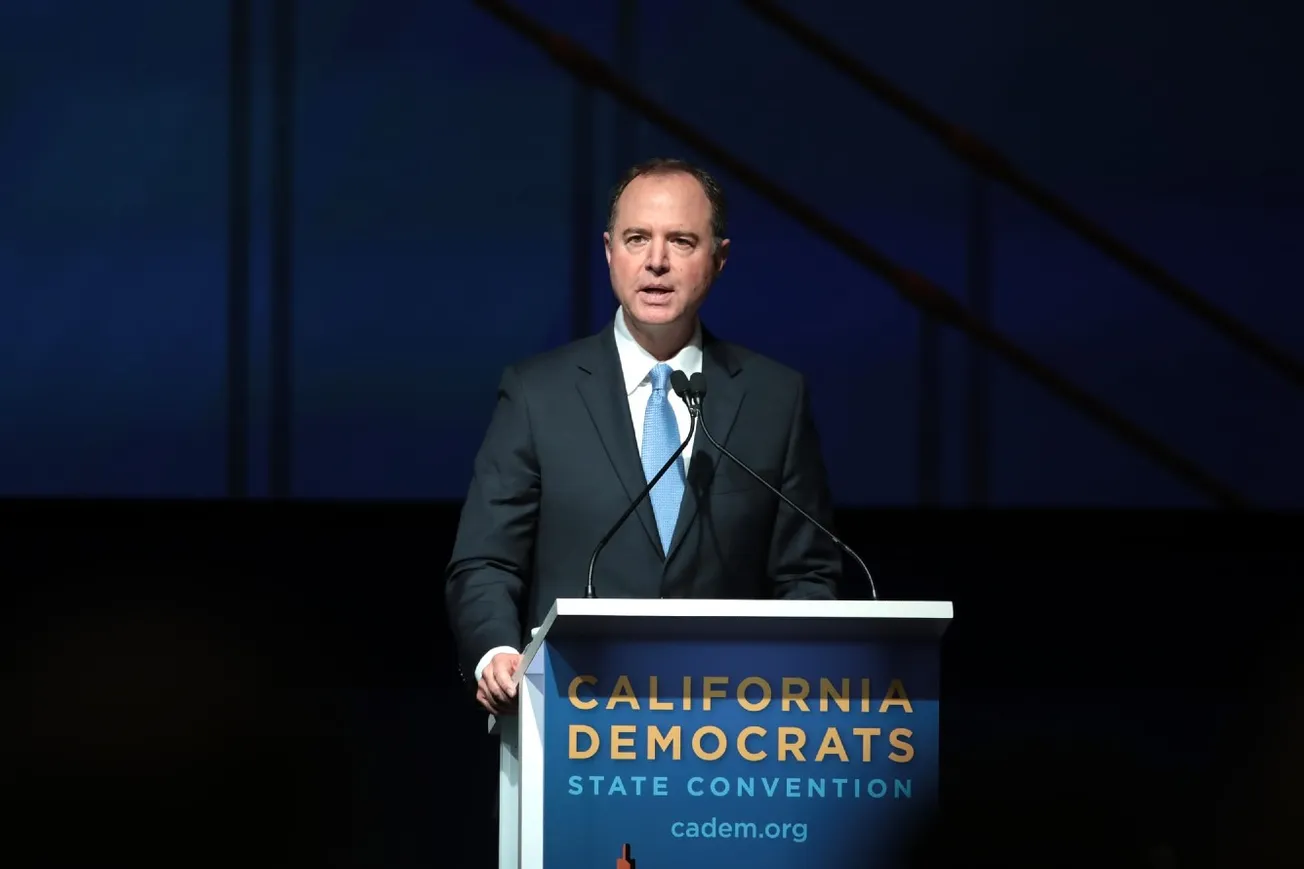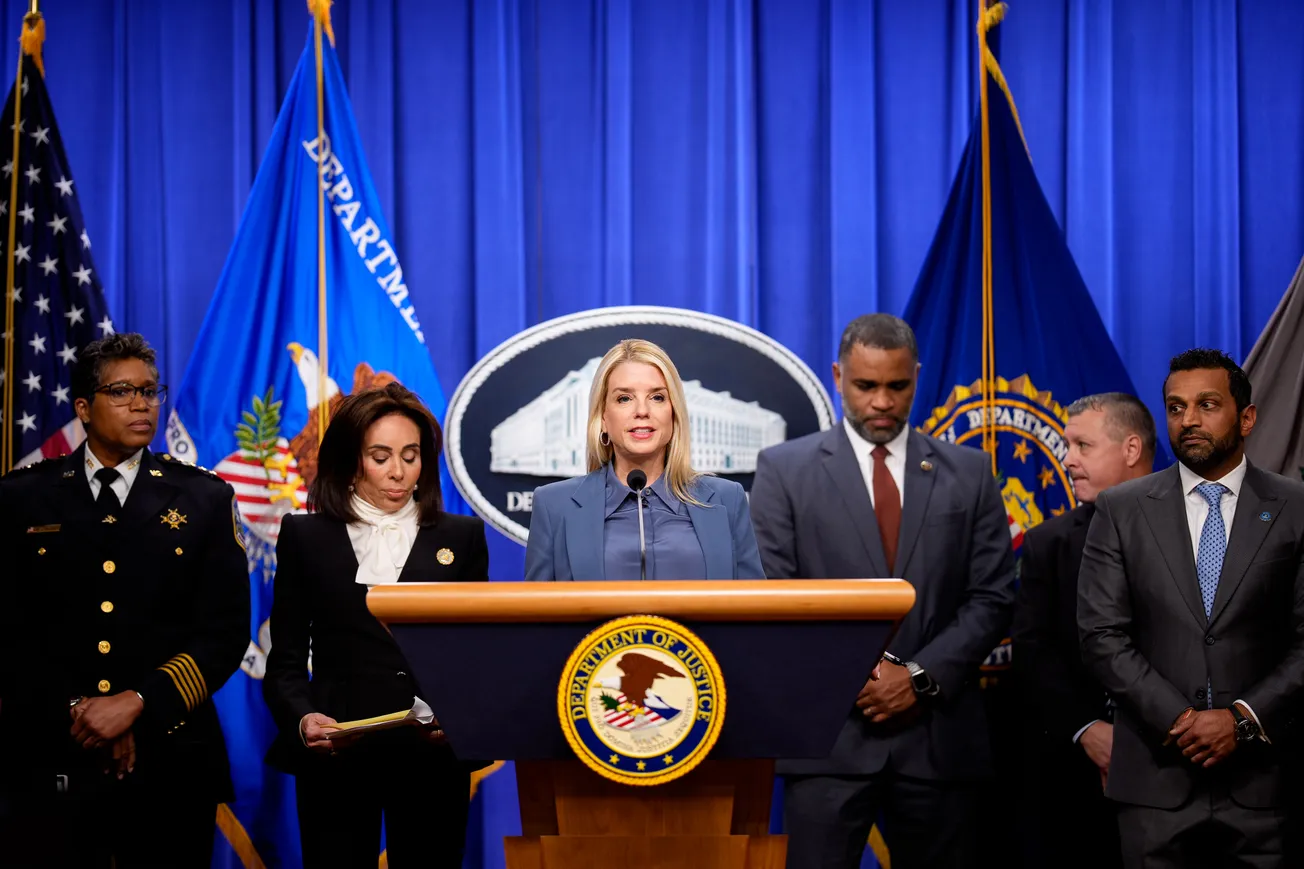Attorney General Merrick Garland should pay attention to what the United States Supreme Court said on Monday in a landmark ruling on Colorado's decision to remove former President Trump from that state's primary ballot.
In a unanimous 9-0 verdict, the Supreme Court overturned Colorado's decision and ruled that states cannot kick Trump off the ballot over his alleged "insurrectionist" actions on January 6. The ruling said:
Because the Constitution makes Congress, rather than the states, responsible for enforcing Section 3 against all federal officeholders and candidates, we reverse.
The decision immediately nullified similar bans on Trump by Maine and, recently, Illinois. Regardless of party, all future presidents will no longer be subject to the humiliation of being denied ballot access by overzealous state officials. States are still at liberty to disqualify candidates from holding or seeking state office.
The 9-0 decision is a stern reminder to lawfare-loving Garland and the Left that using laws to settle disputes with political opponents stifles democracy, and interfering in elections by using the state's judicial power is a firm no-no. Every justice, from the far left of the spectrum to the far right, felt that it was critical to say so.
The decision couldn't have come at a better time. Over the weekend, AG Garland was at it again. Having unleashed Jack Smith as a Special Prosecutor to viciously go after Trump in friendly Washington DC courts and in Florida, on a skimpy obstruction of justice charge regarding the handling of classified documents, Garland turned to a favorite topic of his:
Fighting discriminatory, burdensome, and unnecessary voter ID election laws.
Speaking to a predominantly African-American crowd at a Black Selma church service, he said:
The right to vote is still under attack, and that is why the Justice Department is fighting back. We are challenging efforts by states and jurisdictions who implement discriminatory, burdensome, and unnecessary restrictions on access to the ballot, including those related to mail-in voting, the use of drop boxes and voter ID requirements.
No, AG Garland, the right to vote is NOT under attack. Georgia, which passed its reform laws after the 2020 election and invited a boycott of woke companies, including Major League Baseball (which canceled the All-Star game in Atlanta), reported that more voters and more minority voters participated in the 2022 elections than at any time in Georgia history. Even Stacey Abrams, the losing candidate for governor in 2018, who never conceded her defeat and became a media darling, accepted that she lost her rematch against Brian Kemp.
In Garland's world, it should be easy for people to vote even if they do not provide convincing proof that they are American citizens. He believes that requiring voters to obtain a voter ID to present on Election Day is so burdensome that poll workers should not insist on such proof and let people in to vote anyway.

Garland's position is so left-wing that it does not make any sense to most Americans. Presenting some form of picture identification is required on a daily basis in numerous life circumstances, including opening a bank account, receiving a welfare check, buying cigarettes, or entering a federal building.
An American citizen's most storied privilege and right is to participate in our democracy. Unlike citizens of many countries, an American's choice can be profoundly consequential, given the country’s global standing. For a voter to gain entry to a polling booth, most states require voters to present some form of photo identification where the photo matches the face, and the name and address on the identification match official records. According to Garland, requiring this photo identification is ‘discriminatory, burdensome, and unnecessary.’
Texas has one of the most stringent voter rules in the country—a state that is constantly on Garland's radar. Even Texas allows voters to present just one of seven IDs to prove citizenship. And do you know, AG Garland, how much the Texas ID costs? $6 for citizens 60 and older, valid for six years (that's $1 a year). If you're 59 or younger, it costs $16, again, good for six years. This is burdensome?
Suppose a voter does not have even one of the seven IDs mentioned above? In that case, they can still fill out a Reasonable Impediment Declaration form, show one of six other documents, such as a utility bill, bank statement, or paycheck, and vote. The ballot is later verified by the county and counted if the document presented is valid. How, pray Garland, is any of this discriminatory, burdensome, and unnecessary?
The only reasonable conclusion we can draw is that Garland is OK with people casting their votes even if they're not eligible to vote - that is, cheating - demeaning the very nature of American participatory democracy. It is a preposterous position for the chief law enforcement officer of the United States to take.
The Department of Justice has the power to litigate against states and counties leading up to Election Day to scare poll workers into allowing ineligible voters to cast their ballots. An aggressive DOJ could paralyze elections by going to federal court and seeking injunctions against polling stations, confusing voters when concern regarding election integrity is at the top of people's minds. Indeed, Garland boasted that he would do precisely that. He said he has doubled the staff of the office within the DOJ's Civil Rights Division focusing on elections.
Our latest TIPP poll shows that President Biden is leading former President Trump by only one point, well within the margin of error. Americans are deeply concerned about the country's direction, with 67% in the RealClearPolitics average saying the country is on the wrong track.
Garland's plan is clear: Unleash the incredible power of the DOJ to neutralize common-sense election integrity laws across the Red states and deliver the White House back to Biden.









